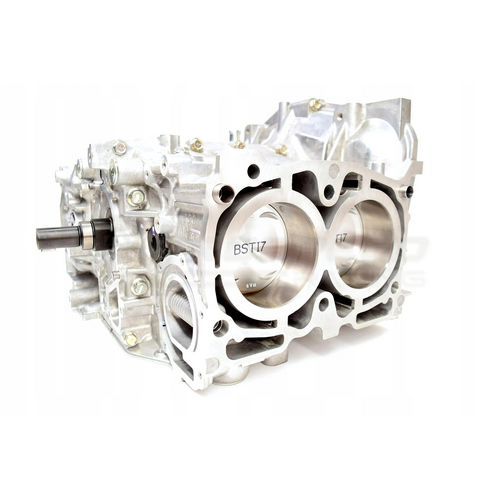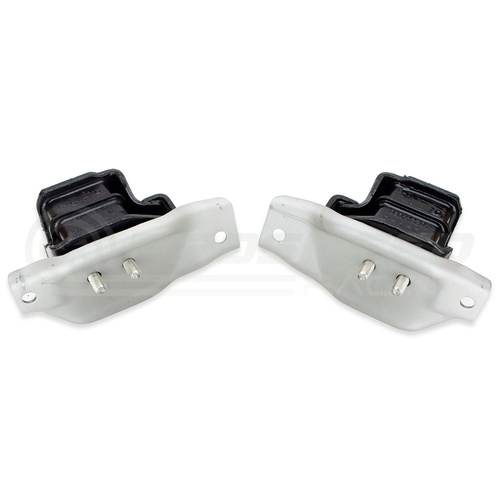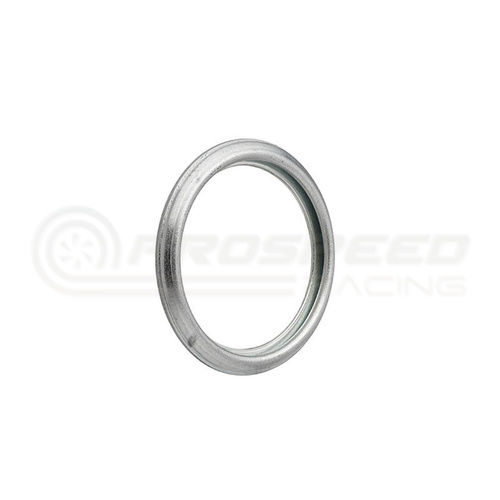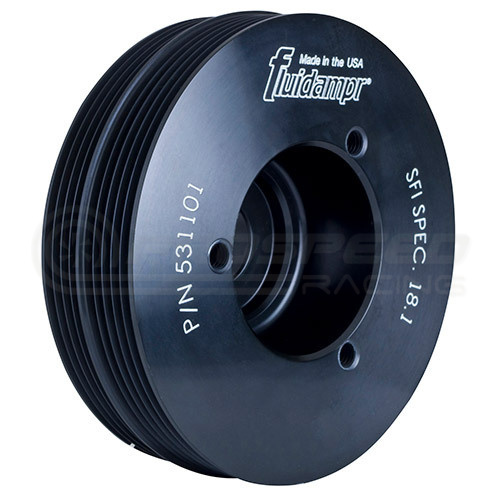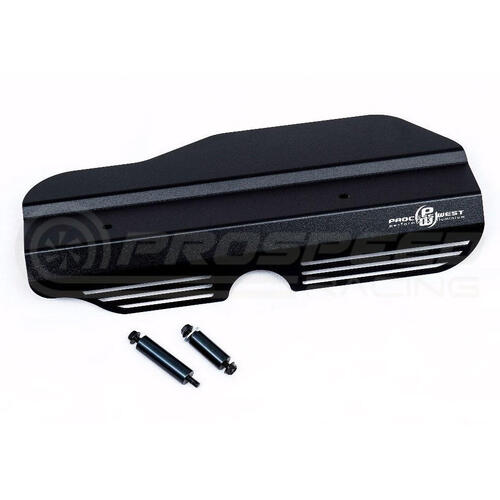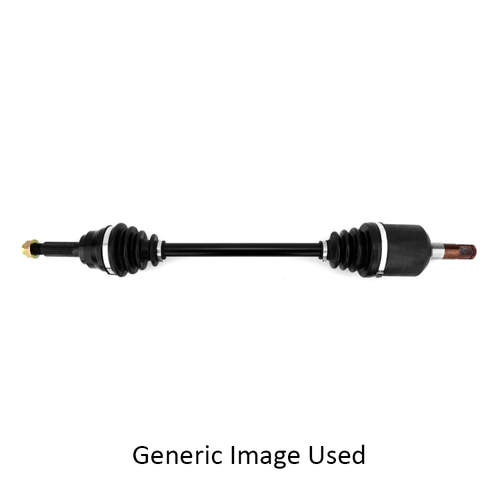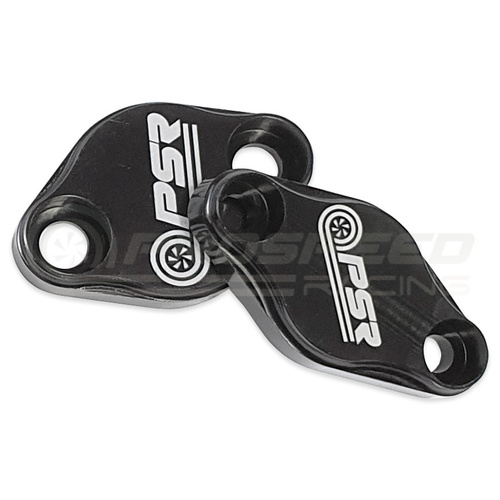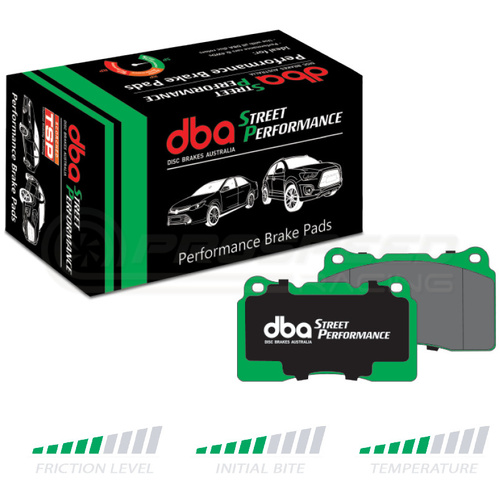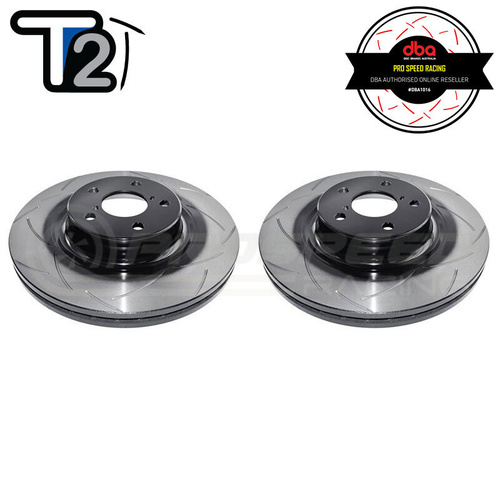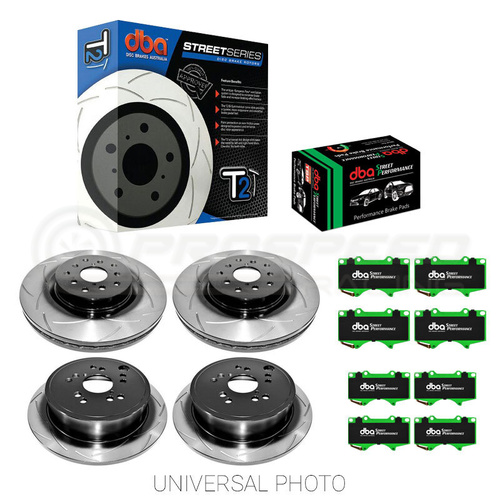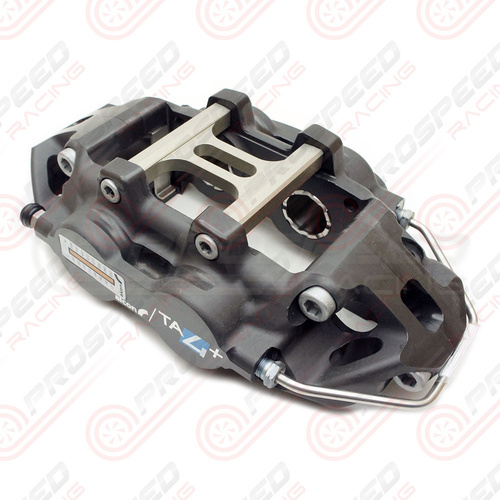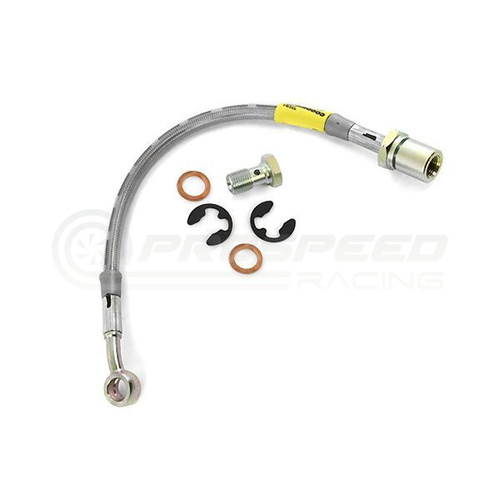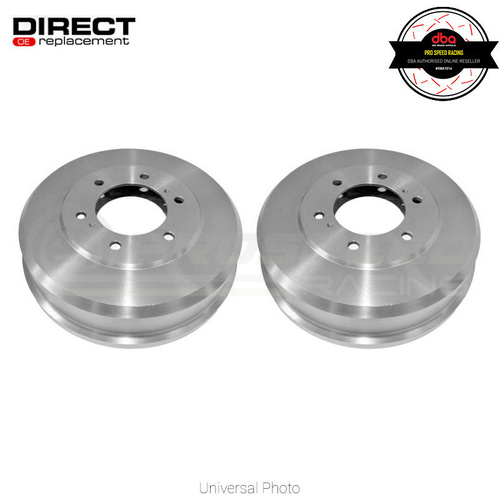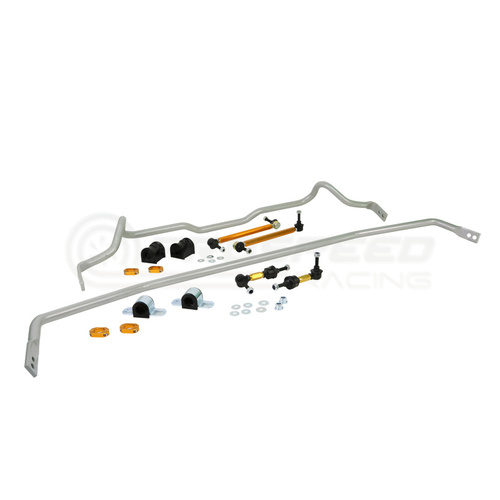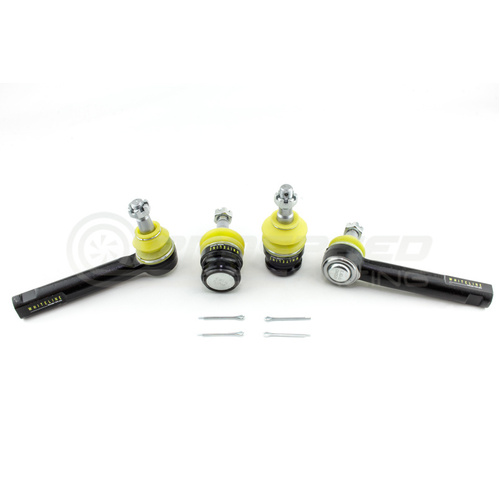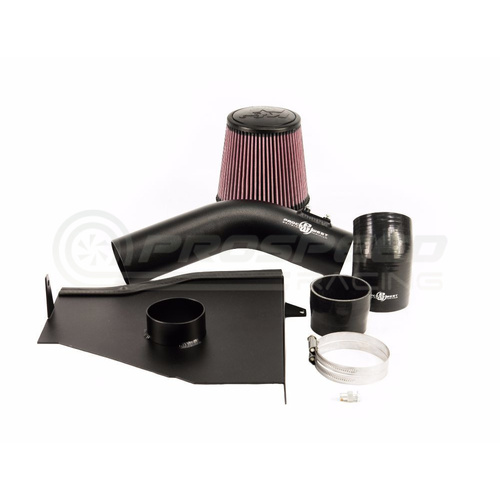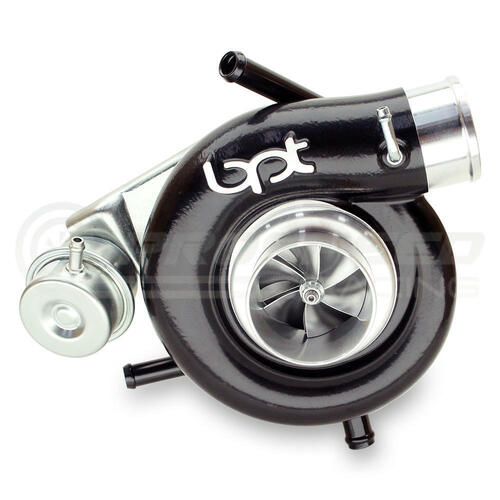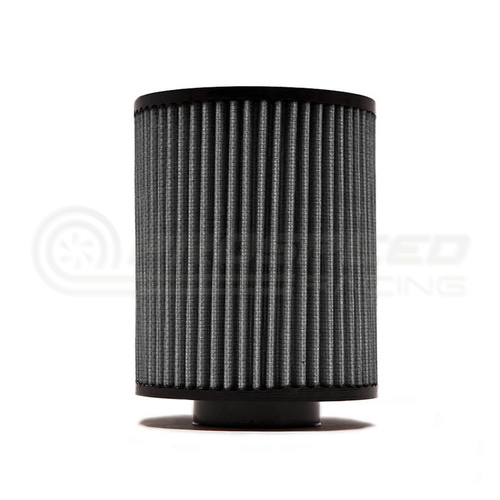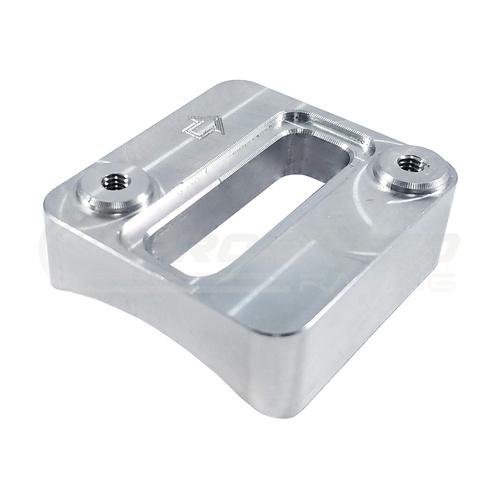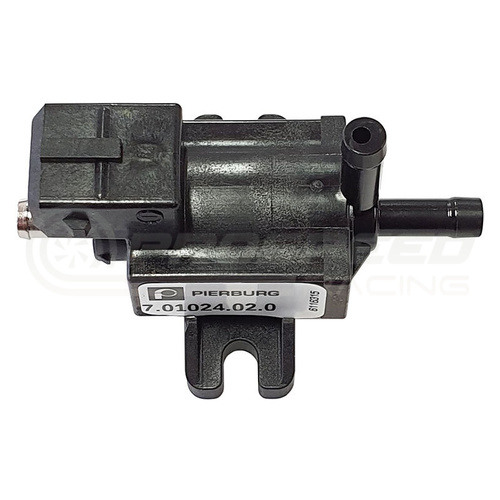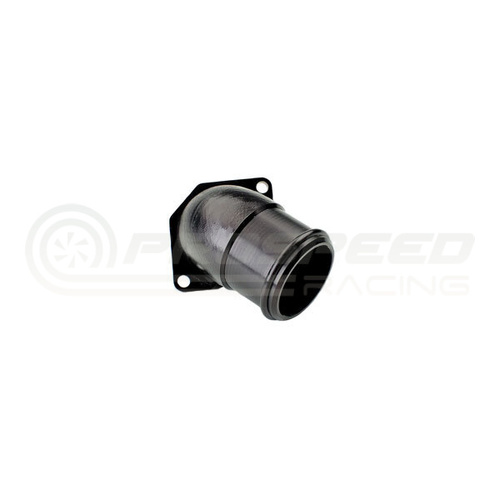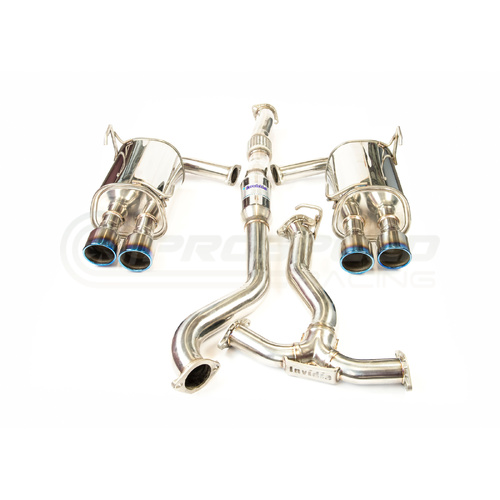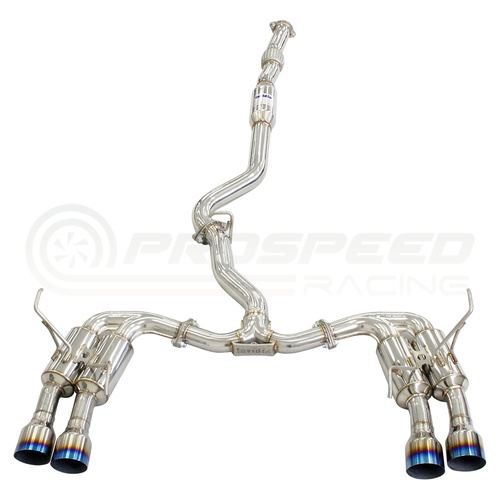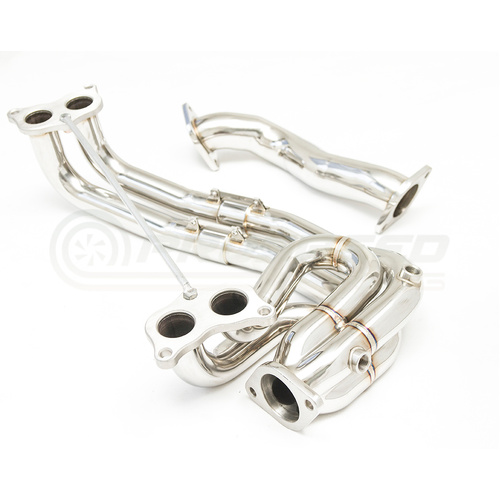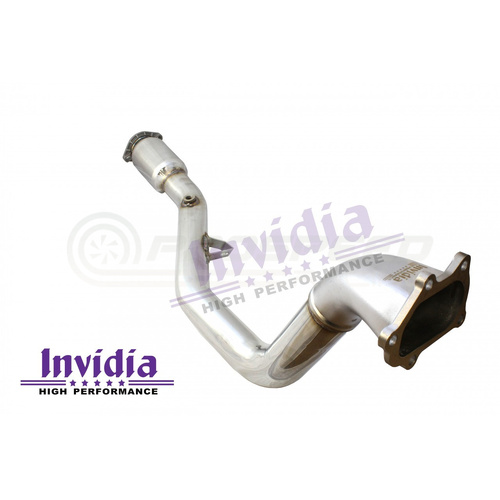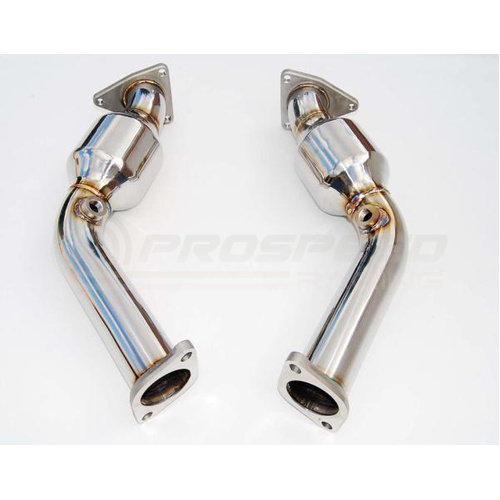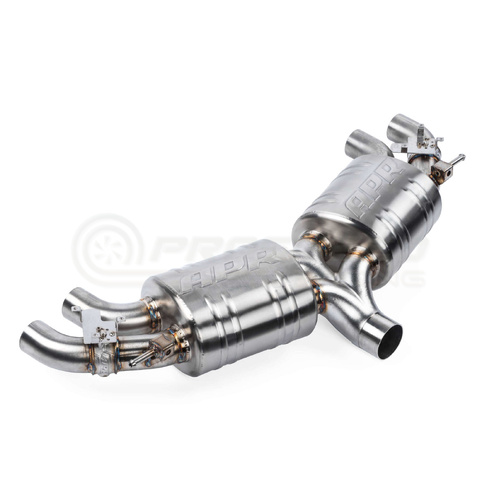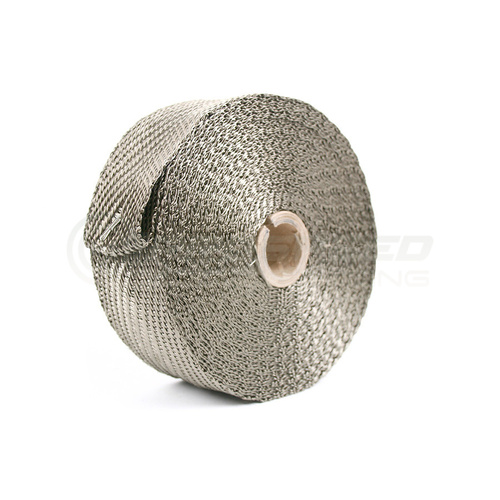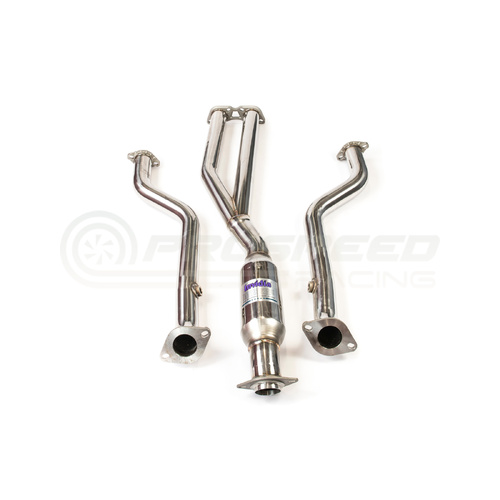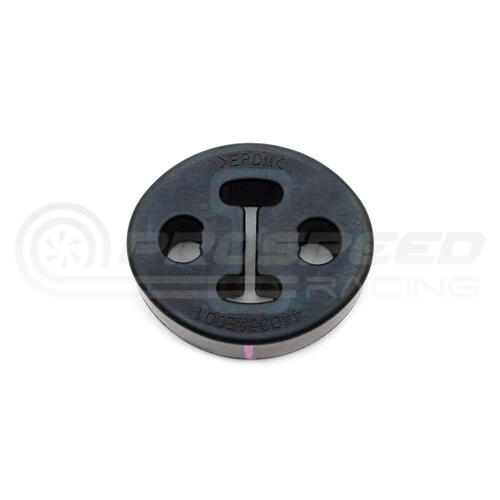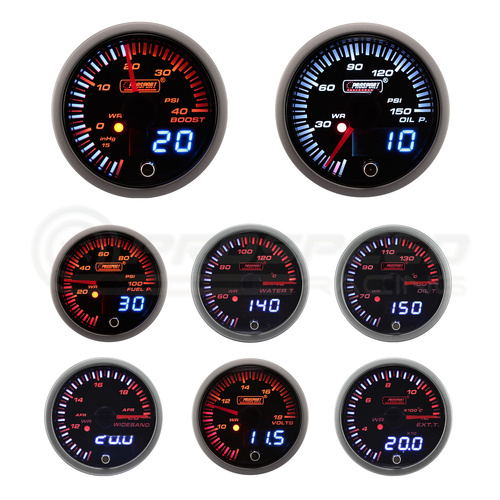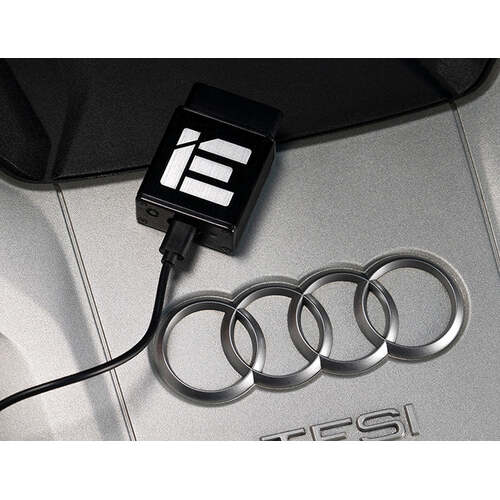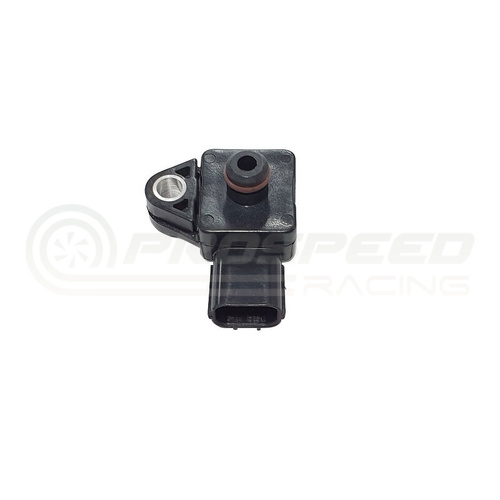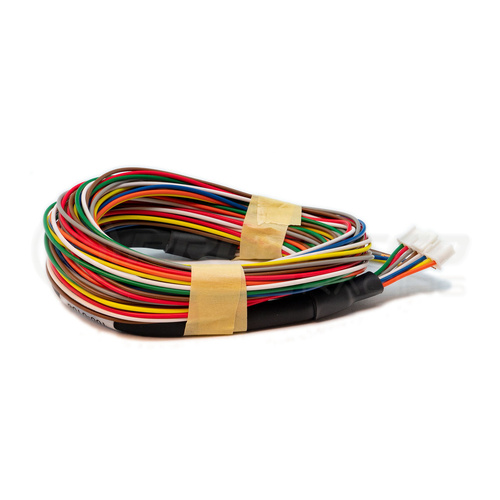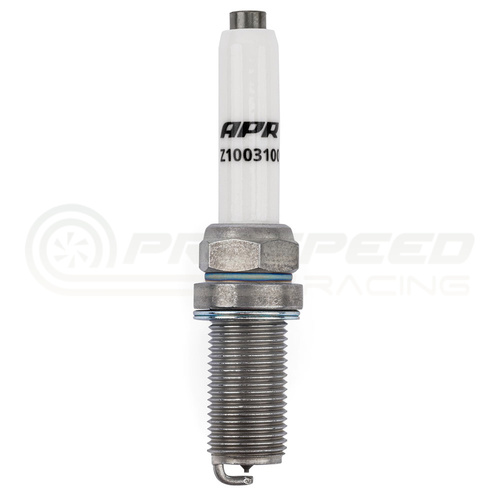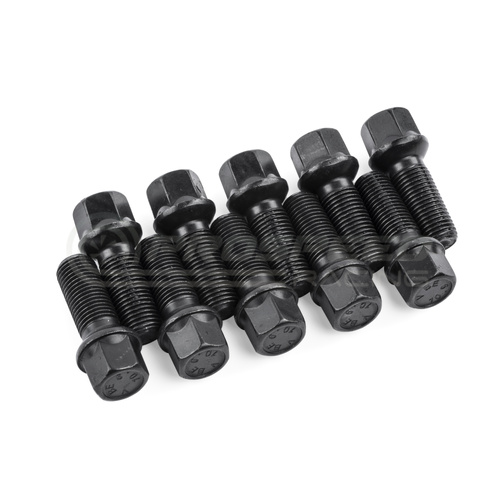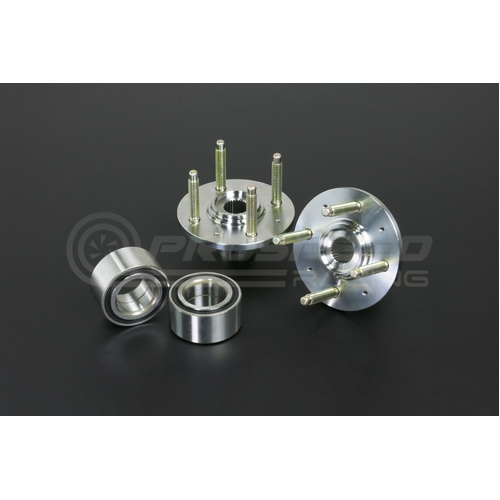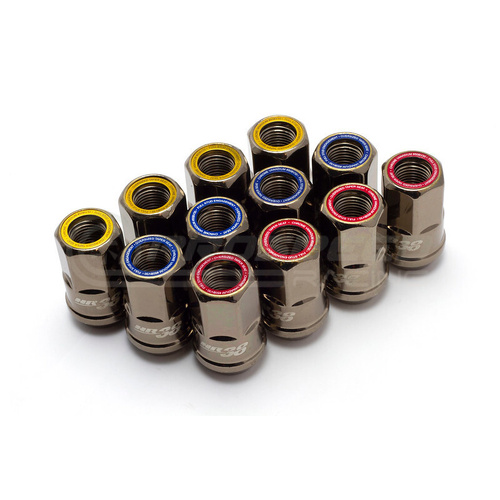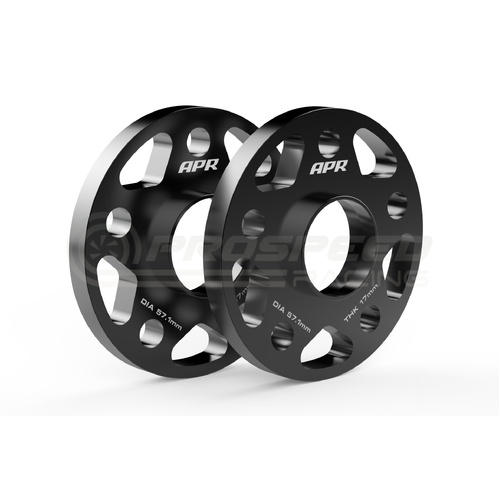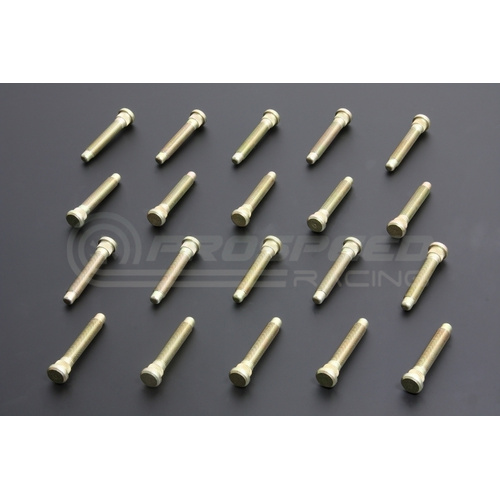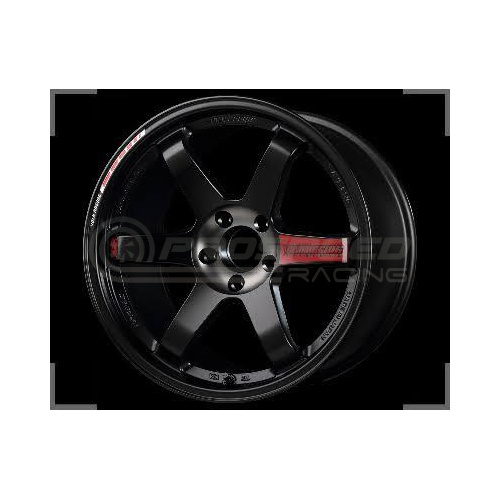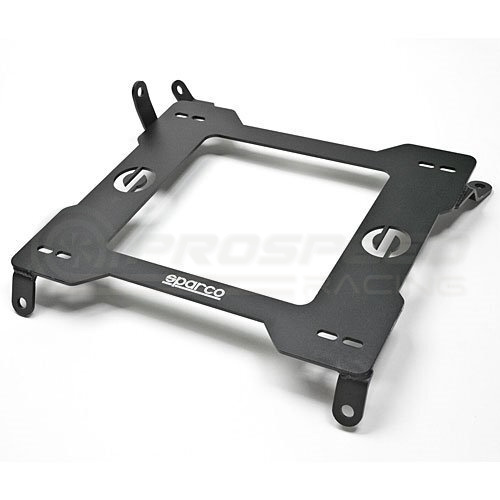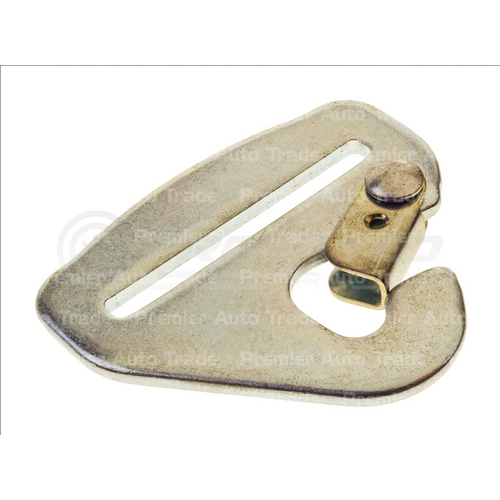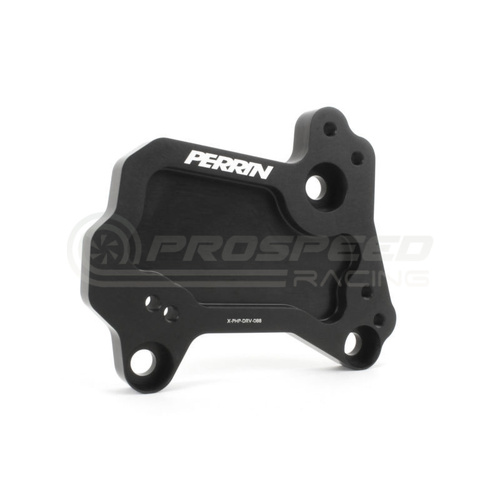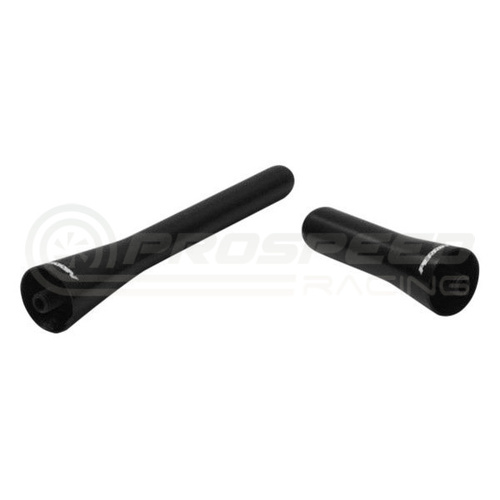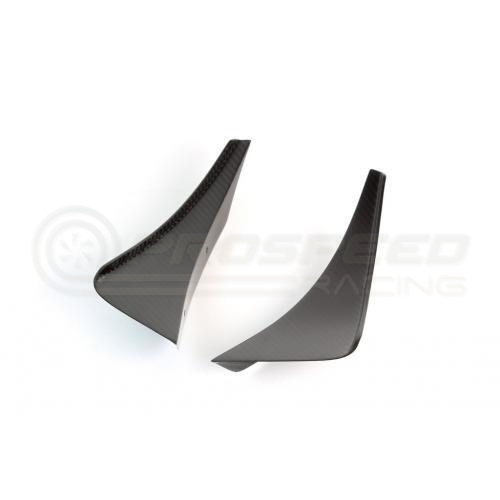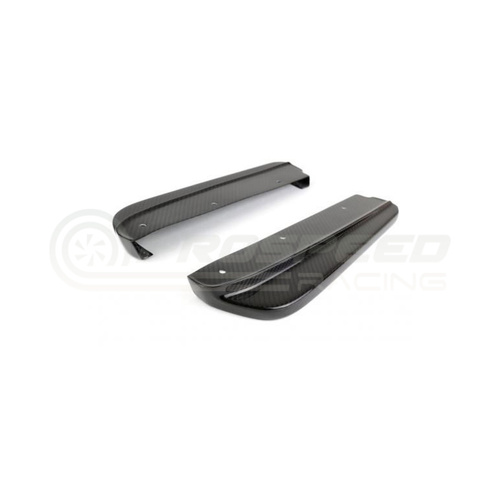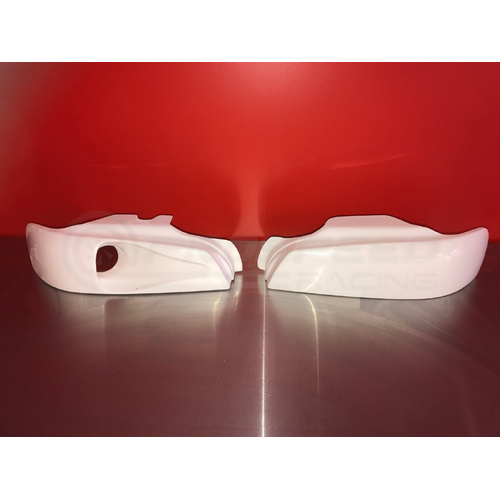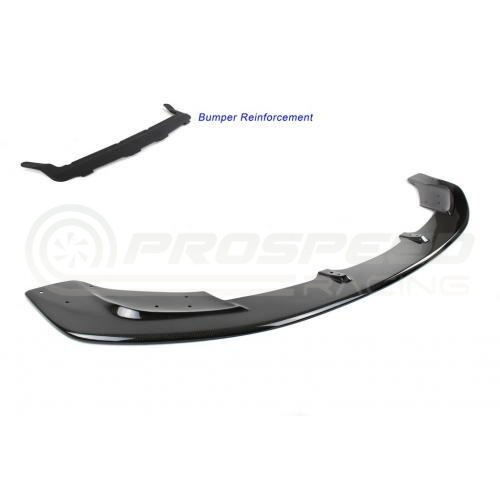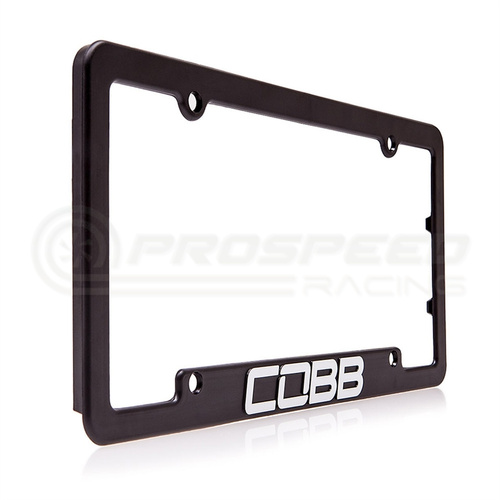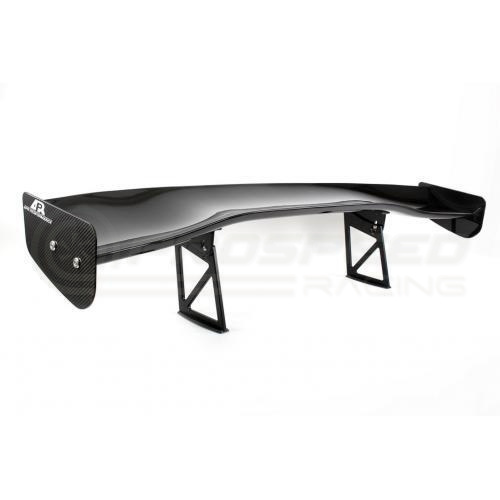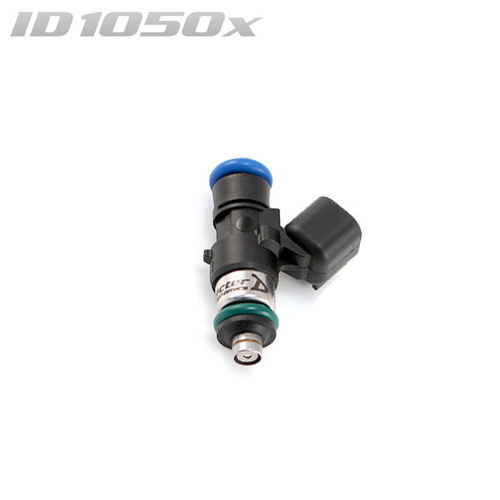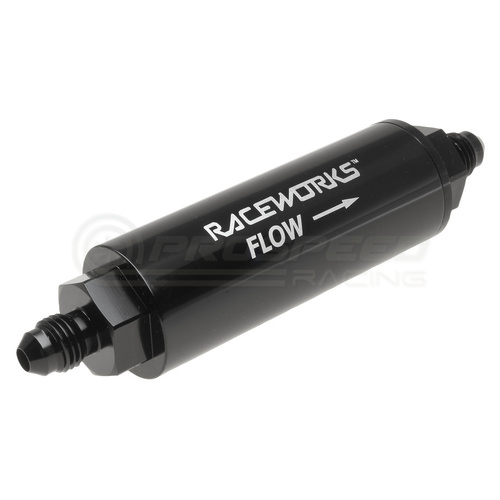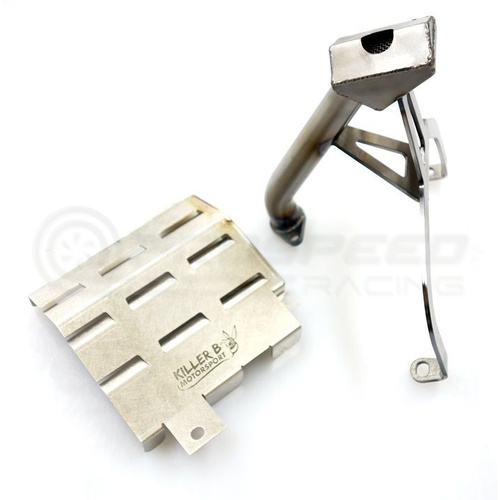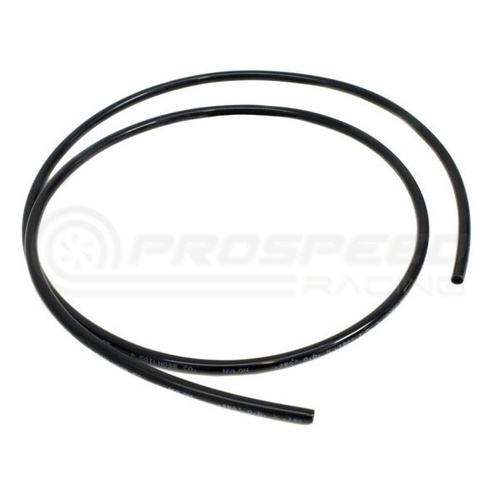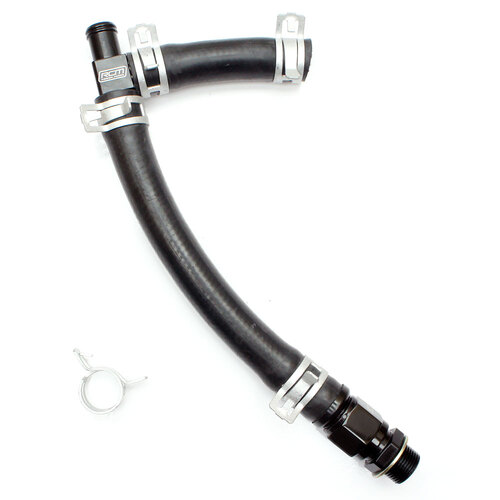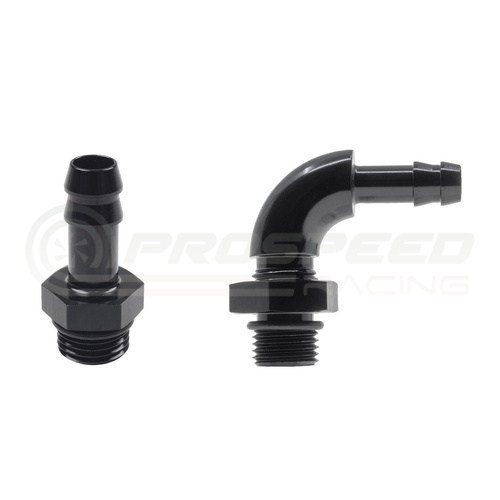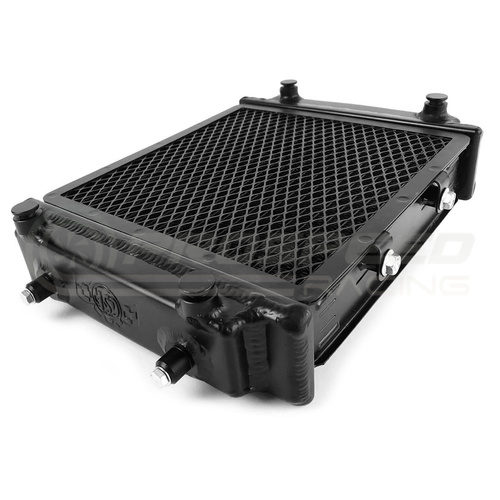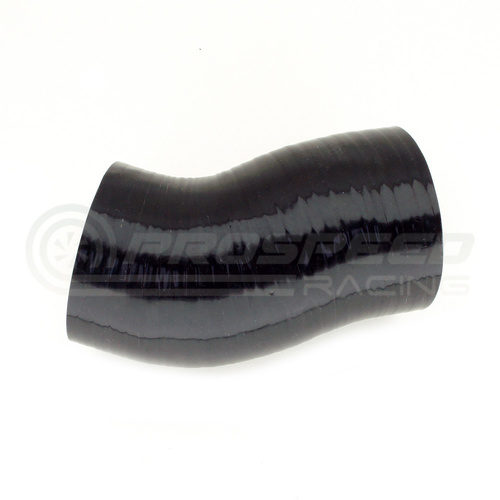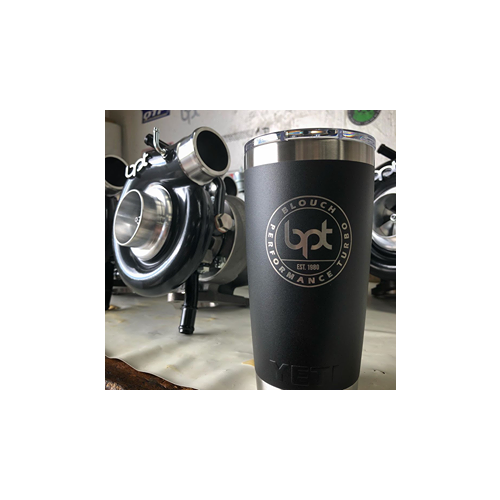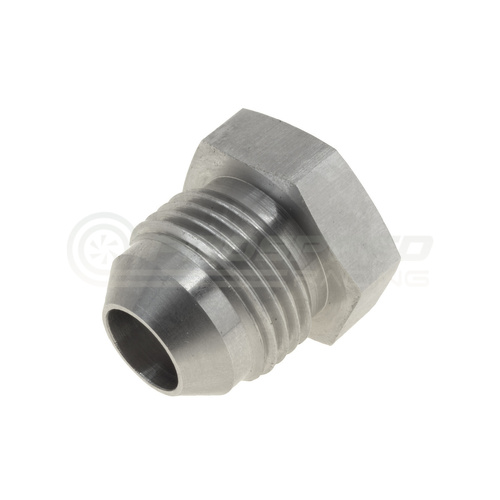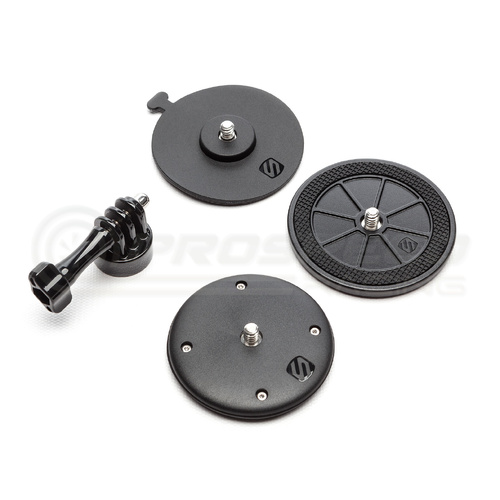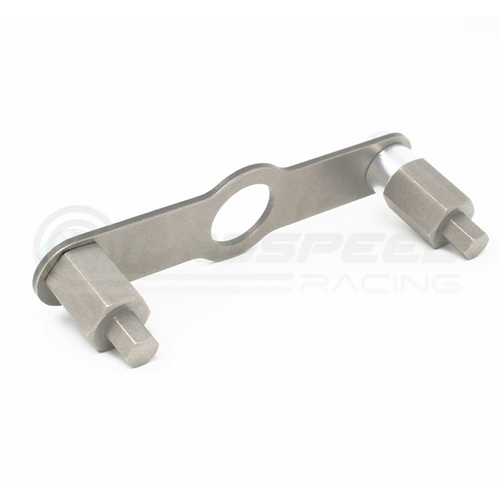Pro Speed Racing can ship internationally but our website is not yet configured to process
international shipping. Please contact us below with your shipping address and a list of the
products you are looking to purchase so we can quote the shipping costs manually for you.
Thank you for visiting us!
Fuel transition from the tank to the engine is done efficiently thanks to the fuel pump, which is an integral part of internal combustion engines in nearly all modern vehicles. The deliverance of the fuel has to be at a specific pressure to meet performance requirements, and this pressurised influx is again controlled by the fuel pump. Fuel pumps are activated when the car is turned on and turns into a quiet hum as it becomes pressurised.

Fuel pumps are generally electric, though some vehicles have inline or mechanical fuel pumps. Whatever type of fuel pump a vehicle has, it plays an important role in the mechanics of the engine, and when they’re not working properly, your car becomes inefficient and performs poorly.
Pro Speed Racing supplies high-quality in-tank fuel pumps, and we're experts in identifying a faulty or broken fuel pump. There are identifiable symptoms of a fuel pump malfunction that can alert you of a potential issue and act accordingly – any or multiple of the following symptoms can help diagnose a faulty fuel pump.
Signs of a Faulty Fuel Pump
H3 Unfamiliar noise from the fuel tank
While a fuel pump will provide a humming noise when pressurised, if the noise changes into a whining sound, it can indicate that your fuel pump is worn or becoming too aged to maintain high performance. While you might not be able to identify an issue from the noise alone, the whining sound will be loud and coming from the fuel tank, and if it persists, you should have the vehicle inspected by a professional mechanic.
Car struggling to start (or not starting at all)
Faulty fuels pumps can also cause difficulty in starting your car or it failing to start at all. Fuel pumps are always running when your car is on, so when they inevitably wear down and weaken, they'll have a smaller capacity to maintain pressure. While a worn fuel pump can still circulate fuel throughout the vehicle, the lack of pressure makes it hard to start the car as the engine requires more cranks than it usually would.
Poor fuel economy
As a key player in the performance of your engine, when fuel pumps are faulty, they can cause a poor fuel connection and low fuel economy. If you’re getting fewer kilometres for each tank of fuel, this is a symptom that there’s an issue with your fuel pump. It could be due to a valve within the pump, pouring an excess of fuel into the engine that may go to waste.
Engine sputtering
Engine sputtering is highly common in fuel pump issues and is defined by an inconsistency in engine operation, especially at high speeds. If you notice your engine sputtering, take this as a symptom of a possible fuel pump issue and look out for accompanying indicators from this list. Faulty fuel pumps cause engine sputtering as they cannot deliver a consistent stream of fuel at an ideal pressure to the engine.
Car loses power under stress
Another common symptom of faulty fuel pumps is a loss of power when the car is under stress. Stress can include when the vehicle is carrying a heavy load or driving uphill while accelerating. A weakened fuel pump struggles to provide a steady stream of fuel to the engine in a high stress, and the engine shuts down when it doesn't receive the fuel it needs to run.
For more information on fuel pumps and our greater selection available at Pro Speed Racing, contact our friendly team today.



